Federal Election Laws Regarding Clergy & Churches
"Congress shall make no law respecting an establishment of religion, or prohibiting the free exercise thereof; or abridging the freedom of speech, or the press; or the right of the people peaceable to assemble, and to petition the Government for a redress of grievances." -- (The First Amendment of The Constitution of the United States of America.)
Several of you guys are needlessly getting bent out of shape over my blogs. Keep your dog collars on! As much as I appreciate your concern for the status and welfare of our pastoral ministry, I assure you that I would not jeopardize it by misrepresenting myself. My editorializing does not place our Mission Apostolate at risk because I am writing and speaking on these moral and conscientious matters in a personal capacity as a Catholic priest, but NOT as the official spokesman of any church body. That disclaimer is stated up front within the mast head of my blog site.
All ordained clergy and pastors, as private individuals, have the same rights as all other American citizens to involve themselves in political activity. Clergy therefore have much greater latitude to involve themselves in political activities than does a church.
Pastors are concerned about the legal effects of political activity on themselves and their churches because churches are exempt from federal tax only so long as they do not intervene in political campaigns. Federal election law also places restrictions upon political activities regarding federal candidates by individuals and entities, particularly corporations, both profit and non-profit.
These rules summarize the requirements of the Federal Election Campaign Act and the Internal Revenue Code as they apply to churches and clergy. The scope of proper political activity varies from case to case, but the following guidelines are applicable in many cases. This synopsis should guide all pastors, clergymen and ministers regarding personal political activities which may relate to their church position:
~~~~~~~~~~~~~~~~~~~~~~~~~~~~~~~~~~~~~~~~~~~~~~~~~
1. A pastor may individually and personally endorse candidates for political office.
2. A church may not endorse candidates for political office, and a pastor may not endorse candidates on behalf of the church.
3. A pastor may allow his name to be used as a supporter of a candidate in the candidate’s own political advertisements. In this connection, the pastor may be identified as pastor of a particular church, if it is indicated that this is for identification purposes only and if it is indicated that the endorsement is by the pastor personally and not by the church.
4. Churches may engage in non-partisan voter registration, voter identification, get out the vote, and voter education activities so long as such activities are not intended at the supporters of any particular candidate or political party.
5. A church may distribute a voter guide regarding candidates’ positions on various issues or a scorecard reporting on the voting records of incumbents. In such publications, the church or pastor may not state whether the candidate’s position or vote is consistent with the church’s.
6. A church or pastor may state the position of a candidate on any issue and may comment on that position (including praising or criticizing the candidate for it).
7. A church may allow political candidates to speak on church premises; however, all candidates should be invited and given equal opportunity to speak. A candidate should not be allowed to appeal to a church congregation at a church service for funds to be used in his political campaign and no member of the church should endorse a candidate in conjunction with the candidate’s visit.
8. Church facilities may be used by political candidates on the same basis that civic groups are allowed to. If civic groups are required to pay some rent for using the church property, a political candidate should be charged the same amount.
9. Lists of members of the church congregation may be provided to candidates for use in seeking support or raising funds, but only if rented at fair market value.
10. A church may not establish a political action committee.
11. Pastors and other like-minded individuals may establish a political action committee, but care should be taken that the committee is separate from the church and does not use the assets of the church.
----------------------------------------------------------------------------------
[The guidelines in this abstract should NOT be misconstrued as legal advice regarding your particular situation. It is a brief overall conspectus ONLY. ]
Judicatories, churches and pastors may obtain FREE legal advice regarding their particular situation by contacting the 1.) James Madison Center for Free Speech, 1 South 6th Street, Terre Haute, IN 47807, voice 812-232-2434, fax 812-235-3685, www.jamesmadisoncenter.org, e-mail madisoncenter@aol.com. or the 2. ) Alliance Defense Fund, 15333 North Prima Road, Suite 165, Scottsdale, AZ 85260, www.alliancedefensefund.org.
PS: For those of you who asked, the closing motto on my blog site: "FAITH: • Sees the invisible • Believes the incredible • Receives the impossible!" is a loose scriptural paraphrase: "Faith is the substance of things hoped for, the evidence of things not seen." (Hebrews 11.1.)








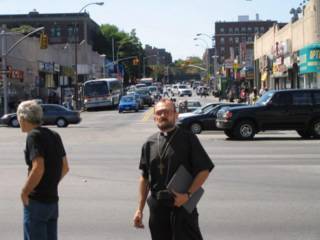







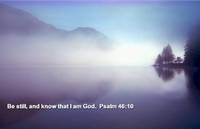




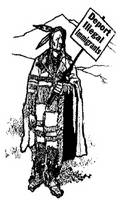
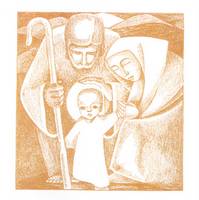



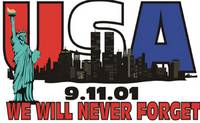































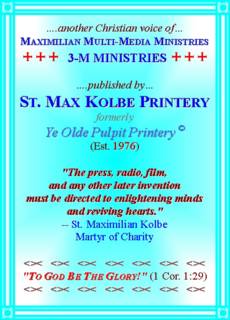




0 Comments:
Post a Comment
<< Home